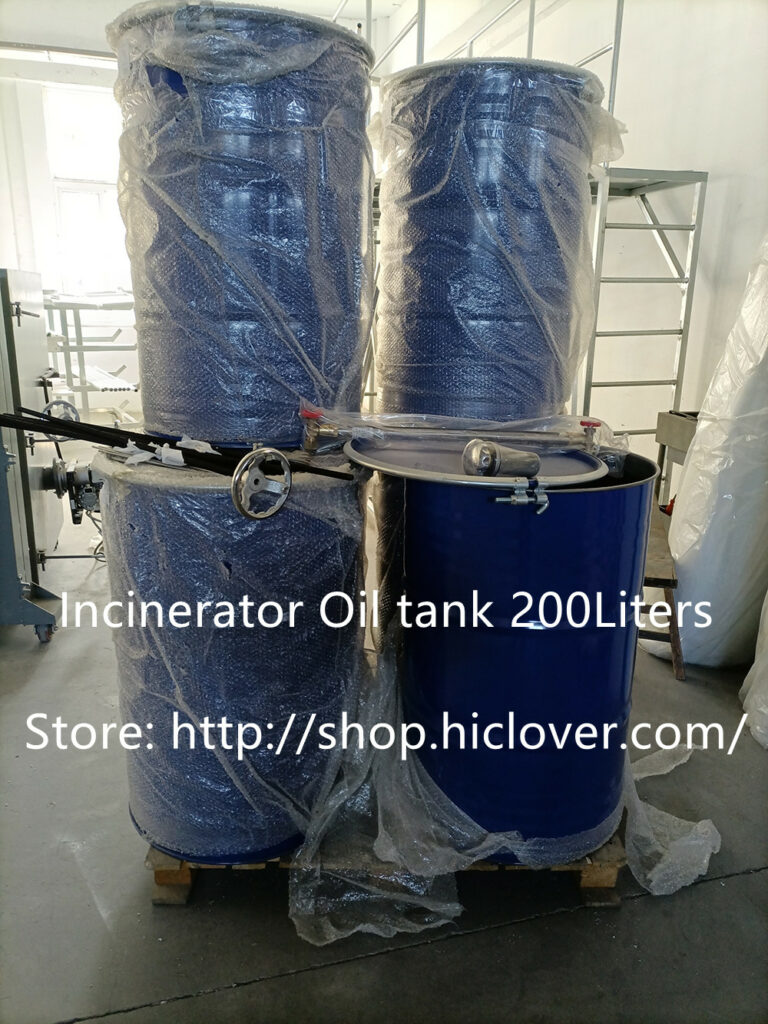Green Innovation: The Rise of Waste to Energy Engineering in Germany
In recent years, Germany has emerged as a global leader in waste to energy engineering, a groundbreaking technology that converts municipal solid waste into renewable energy. With a strong commitment to sustainability and environmental protection, the country has invested heavily in green innovation, leading to significant advancements in waste to energy engineering.
Germany’s waste to energy engineering has gained widespread attention for its ability to address two critical environmental issues: waste management and renewable energy production. By effectively diverting waste from landfills and incinerators, the technology helps to reduce greenhouse gas emissions and minimize environmental pollution. At the same time, it generates clean, renewable energy, contributing to the country’s transition towards a low-carbon economy.
One of the key solutions driving Germany’s waste to energy engineering is the development of state-of-the-art facilities for waste sorting, processing, and conversion. These facilities utilize advanced technologies such as gasification, pyrolysis, and anaerobic digestion to extract energy from organic waste and produce biogas, biofuels, and electricity. Additionally, the integration of advanced filtration and emission control systems ensures that the process is environmentally friendly and complies with stringent air quality standards.
The success of waste to energy engineering in Germany can be attributed to the strong support from the government, as well as collaboration between industry stakeholders, research institutions, and technology providers. The country has implemented a range of policies and incentives to promote the development and deployment of waste to energy technologies, including feed-in tariffs, tax incentives, and grants for research and development. Furthermore, public-private partnerships have played a crucial role in driving innovation and investment in this field.
Moreover, Germany has also prioritized public education and awareness initiatives to encourage responsible waste management and promote the benefits of waste to energy conversion. By fostering a culture of sustainability and resource efficiency, the country has been able to achieve high rates of waste diversion and increase the utilization of renewable energy sources.
The rise of waste to energy engineering in Germany has not only had a positive impact on the environment but has also created economic opportunities. The development and operation of waste to energy facilities have led to the creation of jobs, increased investment in infrastructure, and the growth of a vibrant green technology sector. As a result, the country has positioned itself as a global leader in sustainable waste management and renewable energy production.
Looking ahead, Germany’s commitment to green innovation and waste to energy engineering is expected to continue driving the transition towards a circular economy and low-carbon energy system. As the technology evolves and matures, it is anticipated that other countries will look to Germany as a model for effective waste management and sustainable energy production. With the potential to transform waste into a valuable resource and reduce reliance on fossil fuels, waste to energy engineering holds great promise for a greener, more sustainable future.



